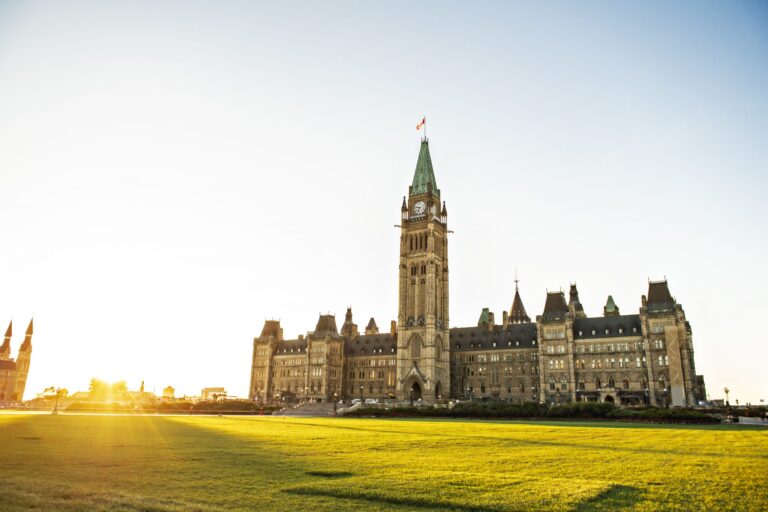A commenter on a recent Article by Pierre Lemieux wrote:
The only chance Trump has (and had) at the presidency is due to the obscure system used in America to elect presidents (why not use direct presidential elections like the rest of the world? …it’s so much clearer and easier to understand! … even France abandoned the electoral colleges in 1962!!
The speaker might be right about the presidency of other countries. I don’t know enough to know.
But if he extends it to prime ministers, he is wrong. The parliamentary system that I grew up with, as a Canadian, is a system in which the Prime Minister is the one who is at the head of the party with the majority of MPs. (Or, if it is a coalition government, the Prime Minister is the leader of the party which formed a coalition which contains the majority in Parliament. This is the case of Justin Trudeau in Canada, whose coalition depends on the presence of NDP members.), New Zealand and Australia have similar parliamentary systems.
It is very similar to an electoral voting system. Your party may get fewer votes than the other major party, but if they are well distributed, you can get the majority of seats in Parliament or, at least, more seats than the other major party. This has actually happened twice in Canada in the last 10 years. In the September 2021 election, if the candidate whose party won the most votes had become Prime Minister, we would nominate Erin O’Toole as Prime Minister O’Toole. In the October 2019 electionIf the candidate whose party won the most votes had become Prime Minister, we would have called the late 2019 Prime Minister Andrew Scheer.
I wrote about this in 2021. One commenter made a very good point. I’ll quote the parts I agree with:
A popular vote for president has its own problems.
1. You encourage corruption in your strongholds. For example, California Democrats don’t need to cheat to win California. But if adding 100,000 votes could be meaningful overall, then why not? It’s not specific; Republicans in Republican strongholds would face the same incentives.
2. You would need uniform voting rules. Far from being obvious, it is ideal. If you don’t have uniform voting rules, then in the truest sense the popular vote is not the popular vote.
3. How to manage recounts on the national scene if the vote is close?
Note: The photo above is of Parliament Hill in Ottawa.


